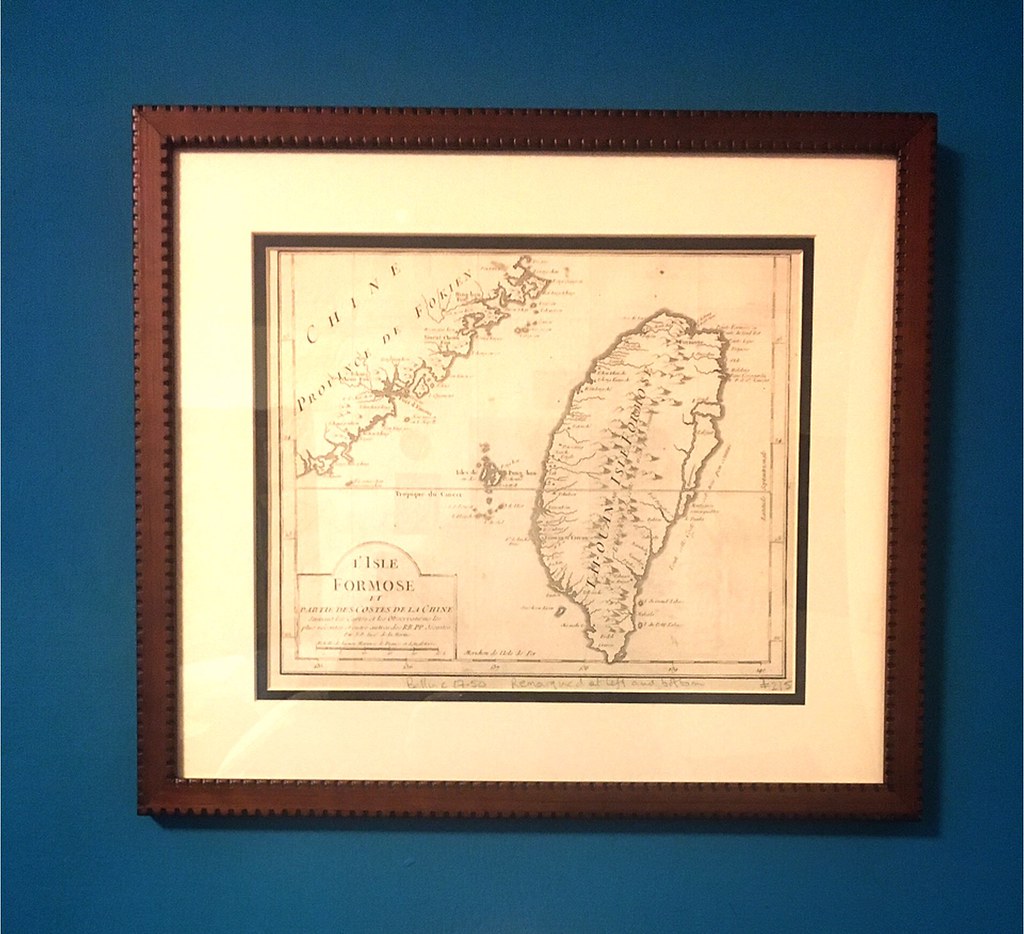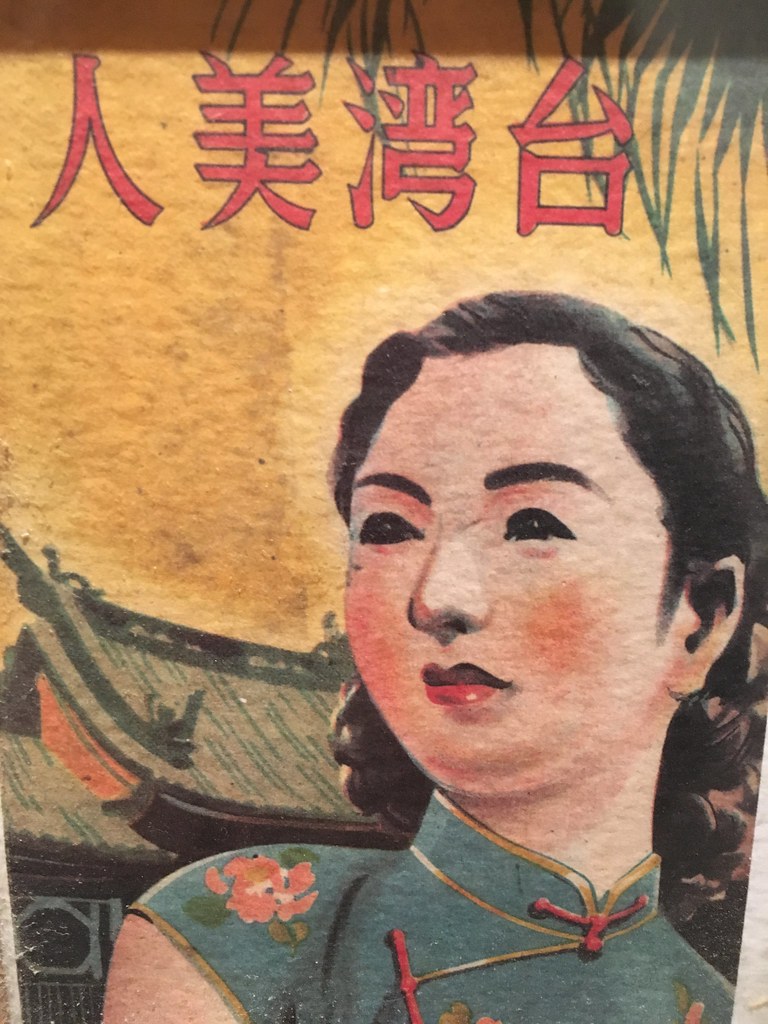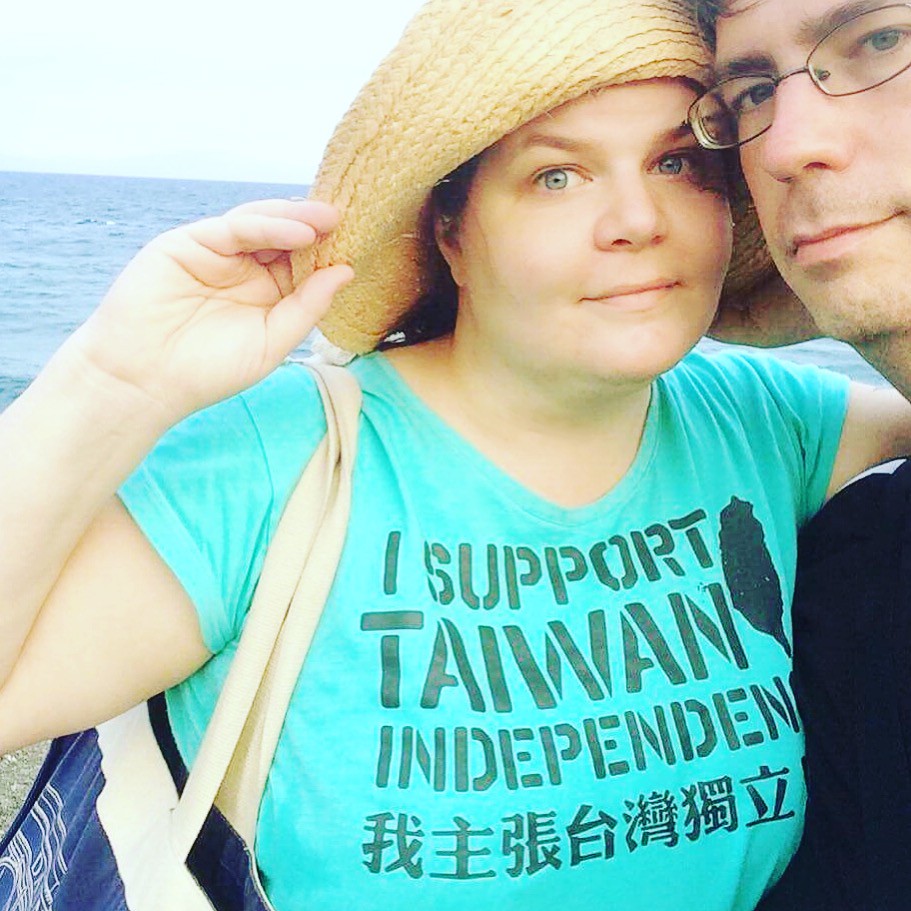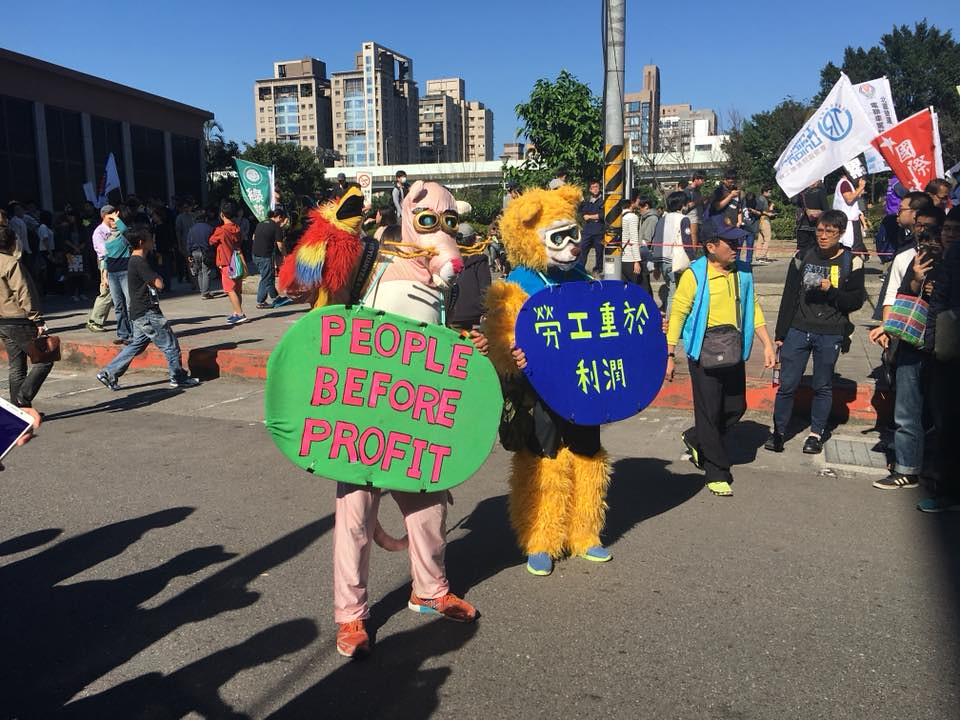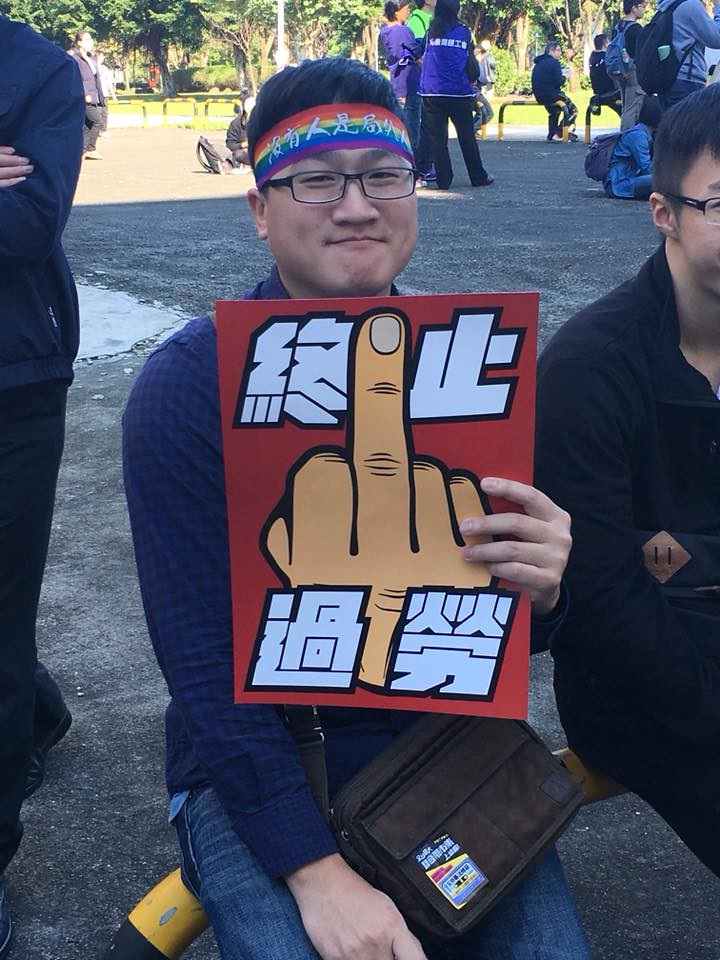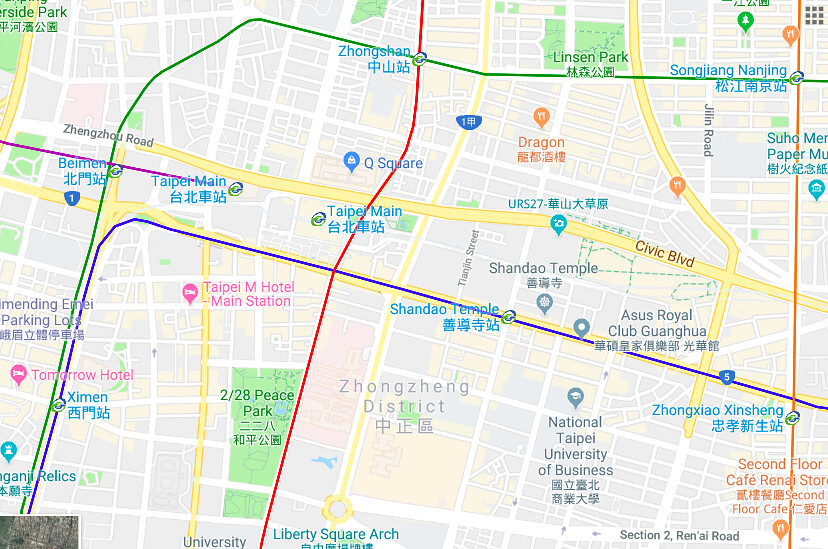
An article ran in CommonWealth Magazine recently about the usefulness of Taipei MRT's use of Hanyu Pinyin, and the letter/number coding system for the stations, pointing out that some visitors were "still getting lost" in Taipei, because they didn't speak Chinese and therefore didn't know how to pronounce station names like Da'an, Qilian, Xindian etc etc.
Now, in the past 5 years or so I've encountered exactly one lost person. It's not that hard, the maps are quite clear (the exits in relation to where one wants to go above-ground are less clear, however). But CommonWealth says it's a thing:
Donna is a Canadian studying Chinese in Taiwan. She chose to live near the Da’an MRT station for its convenient location. Yet the first time she met with her landlord, she was an hour late because she was unable to find Da’an Station on an English-language map, which indicated the station name as “Daan”. They way she pronounced the name, it sounded like the single character da (“big” or “great” in Mandarin), rather than the compound name Da’an (da + an), the standard Romanization rendering.
Yeah, okay, I get that it can be difficult to pronounce the station names if you are not familiar with Pinyin, and I'm sympathetic to non-Mandarin speaking visitors who get confused. But as some folks have pointed out:
If you move to Taipei to study Chinese, and then get lost because Daan station isn't spelled "Da'an", you've lost control over your life. https://t.co/JKphwBofaN pic.twitter.com/9FbQ0lIiWi— Klaus Bardenhagen (@taiwanreporter) March 2, 2019
I'm not defending it, but part of life in Taiwan is understanding that the competing and often incorrectly-applied Romanization systems are pure chaos, and there can be no order arising from them. This is most likely because there is a lot less agreement on the trajectory of Taiwanese culture, and it shows in battles over Romanization, which often act as symbolic battlegrounds for the minority in Taiwan who want the country to remain as close to China as possible (if not integrate completely), and the majority who don't. Contrast this to, say, Seoul, where my husband lived just as the old Romanization system for Korean was on its way out as a new one was implemented, and the transition went much more smoothly, with far less chaos and overall entropy.
It would be better if we could standardize. It would be great if we didn't spell 中和 as Zhonghe, Chungho, Jhonghe, Jhongho, Zeüngho, Zongh1983q, Jh0ñg0, Zheungheau, JZH*YFEJK¯\_(ツ)_/¯@)(jfh!!! or whatever.
I don't even care how we do it anymore, though I have a personal preference for Pinyin despite it being from China (hey even a broken clock is right twice a day). I would prefer that whichever system we use be implemented correctly - for Pinyin, that means apostrophes and perhaps even tone markers. If we use the deeply annoying and old-timey looking Wade-Giles, then the apostrophes are necessary. Otherwise, how am I supposed to know whether, say, someone named Cheng Chi-chong pronounces their name Zheng Ji-chong, Cheng Chi-zhong, Zheng Zhi-chong, Cheng Zhi-zhong, Zheng Qi-zhong or whatever combination of these it might be?
But I also daresay that a part of "studying Chinese", especially in Taiwan, is understanding that tHeRe CaN bE nO oRdEr FrOm ChAoS. Welcome to Taiwan, m'loves. Get used to it?
The CommonWealth article then goes on to talk about the coding system:
As for the station coding system embarked on this month, TRTC relates that it is responsible only for adding codes on this project, and not for revisions to the Romanization of metro system names.
With a sizable sum of NT$30 million having been spent on the project, domestic traveler Ms. Kuo remarked that the addition of station codes has absolutely no impact on her, except perhaps for making everything a little more complicated.
However, in the effort to gain more overseas visitors, rather than spending a lot of money to codify the metro system, the money would be better spent on an overall rectification of MRT station names, Hanyu Pinyin, and signage, as helping visitors understand and spell the words properly is the most user-friendly international practice.
On this I agree. The coding system is completely useless.
The reason why? Nobody local uses them, nobody local knows them, and that's probably not going to change.
So if you need to ask directions, you'll probably be asking someone local, and they won't know because they don't know the codes. They're not helpful at all for getting information from others. And if you are just trying to read a map, you don't need to know how a station's name is pronounced, you just need to match the letters of the station name on the LED scroll on the train or on the platform to the one on the map you are using.
With that in mind, let me tell you about that one lost person I met. I was with a friend (who happens to be Taiwanese and speaks excellent English, having gotten her PhD in the US) entering Da'an station, and a lost looking foreign woman approached my friend while I was adding money to my card. She asked my friend - who, again, is local - whether the station we were at was "R2".
My friend looked at her blankly, like, "huh?"
"R2? Is this R2? I was supposed to get off at R2 which is the terminus, but the train stopped here but this doesn't seem right. Is it R2? I think the map says it's R5? I'm so confused!"
My friend: "R....2? R...5?"
I walked up to them to see what the deal was just as my friend figured out what on earth she was talking about. We all walked over to a map and showed her that she'd boarded a train terminating at Da'an, not her destination of Xiangshan, so she needed to get back on the red line train in the same direction.
She kind of rushed off as I tried to advise her not to use the codes to ask directions, because nobody local knows them so they actually create confusion when trying to ask directions.
I really hope she figured it out on her own.

